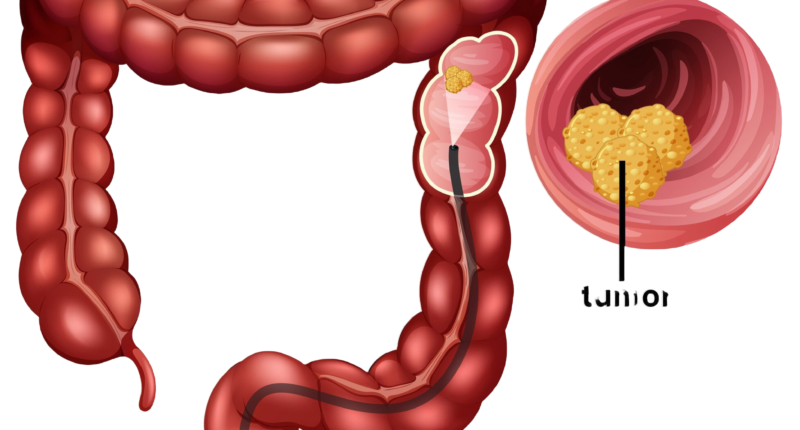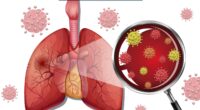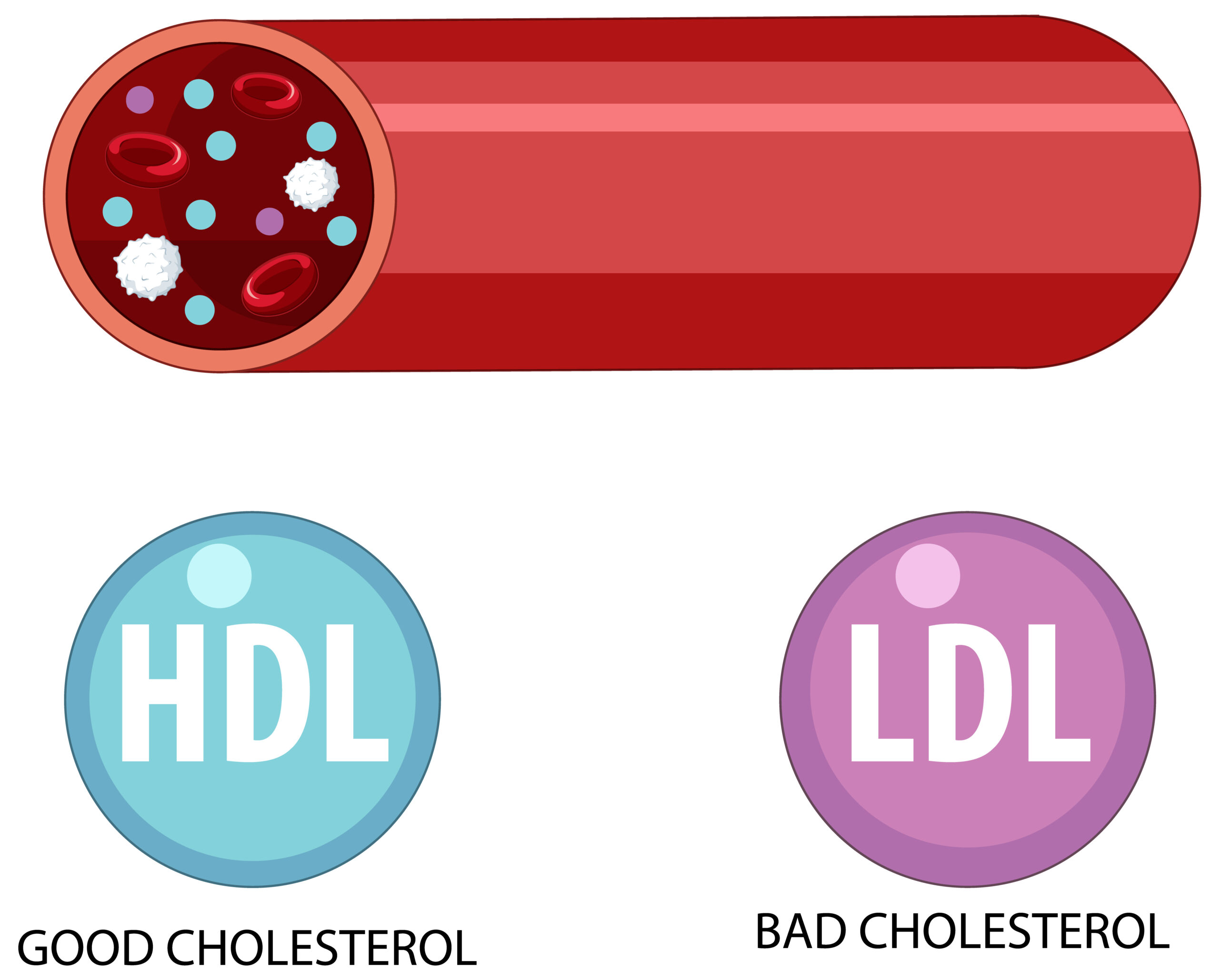Colorectal cancer is a type of cancer that affects the colon or rectum, which are parts of the large intestine. It typically begins as small, noncancerous growths called polyps that form on the lining of the colon or rectum. Over time, these polyps may become cancerous if not removed. Colorectal cancer is one of the most common cancers worldwide, but it is highly preventable and treatable if detected early.
How Does Colorectal Cancer Develop?
Colorectal cancer develops when the cells in the colon or rectum grow out of control. In most cases, it begins as a polyp, a benign (noncancerous) clump of cells that forms on the lining of the large intestine. Some polyps can eventually turn into cancer, especially if they are left untreated. The development from a benign polyp to cancer can take several years, which is why regular screening is crucial for early detection.
There are two main types of polyps that may become cancerous:
- Adenomatous polyps: These are more likely to become cancerous.
- Hyperplastic and inflammatory polyps: These growths are typically benign but may still need to be monitored.
Once cancer develops, it has the potential to spread to other parts of the body, including the liver, lungs, or lymph nodes, which can significantly complicate treatment.
Causes and Risk Factors for Colorectal Cancer
The exact cause of colorectal cancer is not fully understood, but several factors can increase the risk of developing the disease. These include:
1. Age
Colorectal cancer is more common in people over the age of 50. Although younger adults can develop colorectal cancer, the risk increases significantly as you age.
2. Family History
Having a close relative (parent, sibling, or child) who has had colorectal cancer significantly increases your risk. Genetic mutations such as Lynch syndrome and familial adenomatous polyposis (FAP) can also increase the risk.
3. Diet
A diet high in red or processed meats, low in fibre, and high in fat is linked to an increased risk of colorectal cancer. Eating a balanced diet rich in vegetables, fruits, and whole grains can help lower the risk.
4. Lifestyle Factors
Obesity, a sedentary lifestyle, smoking, and excessive alcohol consumption are all factors that can raise the likelihood of developing colorectal cancer. By staying active and keeping a healthy weight, you can significantly reduce your risk.
5. Chronic Conditions
If you have chronic inflammatory bowel diseases like Crohn’s disease or ulcerative colitis, you have a higher risk of getting colorectal cancer. Additionally, individuals with type 2 diabetes may also face an increased risk.

Symptoms of Colorectal Cancer
Colorectal cancer often does not cause symptoms in its early stages, which is why screening is essential for early detection. However, as the cancer progresses, symptoms may include:
- Changes in bowel habits: This can include diarrhoea, constipation, or a change in stool consistency lasting more than a few days.
- Blood in the stool: Bright red or very dark blood in your stool could be a sign of colorectal cancer.
- Unexplained weight loss: Sudden, unintentional weight loss without changes to diet or activity level.
- Fatigue: Feeling unusually tired or weak, often due to blood loss from the cancer.
- Abdominal discomfort: Cramping, pain, or bloating in the stomach region.
- A feeling that your bowel isn’t emptying: Even after having a bowel movement, you may feel like your bowels are not fully cleared.
If you experience any of these symptoms, it’s important to consult a healthcare provider for evaluation.
Prevention and Early Detection
Colorectal cancer is one of the most preventable cancers, particularly through routine screening and lifestyle modifications. Here are some strategies to reduce your risk:
1. Regular Screening
Screening is the most effective way to prevent colorectal cancer or catch it early when it’s easier to treat. Most people should begin screening at age 45 or 50, depending on their risk factors. Colonoscopy is the most common screening test, allowing doctors to detect and remove polyps before they turn cancerous. Other screening tests include stool tests and sigmoidoscopy.
2. Healthy Diet
A diet rich in fruits, vegetables, whole grains, and fibre can lower your risk of colorectal cancer. Limit your intake of red and processed meats, and try to incorporate more plant-based foods into your meals.
3. Regular Exercise
Remember to stay active to lower your risk of getting colorectal cancer. Try to get at least 150 minutes of moderate exercise or 75 minutes of vigorous exercise every week.
4. Avoid Smoking and Limit Alcohol
Smoking and heavy alcohol consumption are linked to an increased risk of many cancers, including colorectal cancer. Quitting smoking and moderating alcohol intake can greatly reduce your risk.
5. Maintain a Healthy Weight
Obesity is a significant risk factor for colorectal cancer. By maintaining a healthy weight through diet and exercise, you can lower your risk of developing this disease.
Conclusion
Colorectal cancer is a serious but largely preventable condition. By understanding the risk factors, symptoms, and the importance of early detection through screening, you can take proactive steps to reduce your risk. If you are 45 or older or have a family history of colorectal cancer, talk to your doctor about when to start getting screened. Remember, adopting a healthy lifestyle that includes a balanced diet, regular exercise, and avoiding smoking and excessive alcohol consumption can also help lower your risk of colorectal cancer and improve your overall health.









